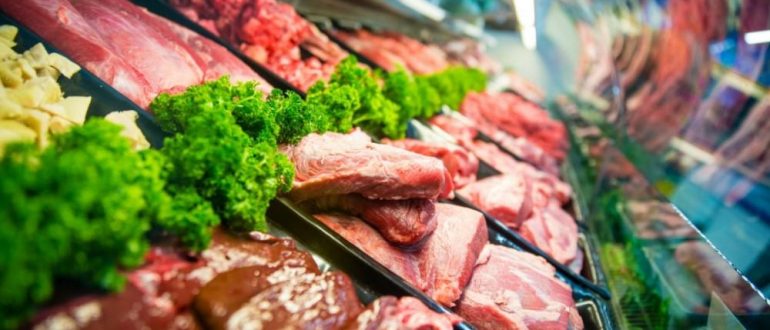
Small Steps at COP23
Dietary change is becoming part of climate change negotiations
We cannot meet our climate goals without changing food consumption. Diets in the Global North have a huge impact on climate change due to an overconsumption of meat and dairy products, and consumers in emerging markets like China, Brazil and Saudi Arabia are quickly increasing their consumption of animal products, too. Ever more actors in civil society organisations and academia are pointing to this problem, but their calls for action have only been taken up very slowly in international climate negotiations like the COP23. This development needs to pick up speed if we want to avoid a global climate catastrophe.
It is clear that the goal of the Paris Agreement to keep global temperature rise well below 2 °C, and preferably limiting it to 1.5 °C, is impossible without reducing the greenhouse gas emissions of food. The food system is responsible for a third of global greenhouse gas emissions and within it, meat and dairy products make up the largest emissions share. The meat and dairy industry produce at least as many emissions as all transport worldwide: a staggering 14.5 per cent. The most recent climate change action took place from 6-17 November 2017 in Bonn, Germany. At COP23, 196 governments gathered to advance the implementation of the Paris Agreement. Guidelines for how the different points of the agreement will be implemented were further developed and the thematic focus was on transparency, adaptation, emissions reductions, climate inance and technological innovation. The conference was an important step for setting more concrete climate action commitments and to agree on the inancial details.
Further, a look at the side events gives reason for hope that dietary change will soon enter the main negotiations. The Nordic countries, who have publicly recognised that “the global food system, directly and indirectly, is connected to each one of the SDGs (Sustainable Development Goals),” organised the Nordic Food Day, providing an interactive space for conference attendees who focus on increasing the sustainability of food systems. A variety of events during that day allowed for an exchange of ideas and for discussing a reformulation of food policy. Other actors like the Food and Climate Coalition and the FAO also prepared a range of side events that focused on sustainable agriculture, innovation and policy.
In addition, the topic was an integral part of how COP23 was set up. The conference organisers aimed at making the conference fully climate neutral and next to a focus on sustainable venues, virtual participation and the offsetting of unavoidable emissions, sustainable catering was an important contribution. At least 60 per cent of the food at COP23 was vegetarian – double the percentage of vegetarian food at COP21 in Paris. The menus were designed around vegetarian, organic, and regional food, and included ways to reduce food waste. Hence, if not through central panels, high-level participants at least touched upon sustainable diets on their plates.
Although the dietary change was not addressed during the main negotiations, these side events were an important first step. It is to be hoped that the efforts that took place at the margins of COP23 will become a more central part of the negotiations in the years to come. Governments must realise that we need to stop eating up our planet and start viewing dietary change as an important climate change mitigation strategy.
This article was published in January’s issue of the Diplomatic Magazine.
